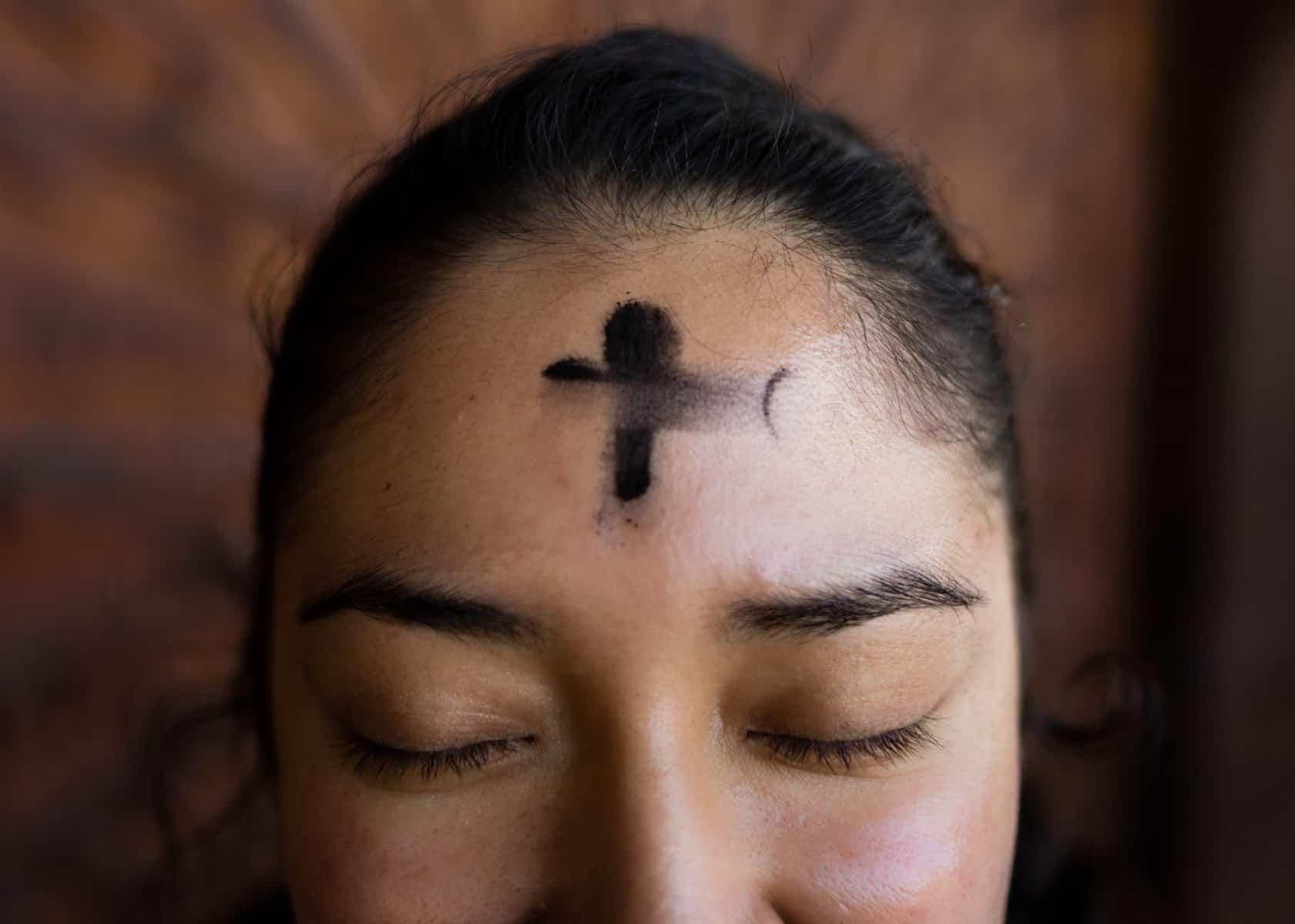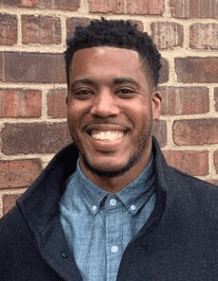“Is such the fast that I choose, a day for a person to humble himself? Is it to bow down his head like a reed, and to spread sackcloth and ashes under him? Will you call this a fast, and a day acceptable to the Lord?” (Isaiah 58:5)
Across the globe, Christians from various traditions will observe Ash Wednesday, marking the beginning of the Lenten season. This is meant to be a day where human sinfulness and mortality are brought to the fore. The ashes signify for us two things:
- That we are dust and to dust we shall return.
- That repentance is to be our response when God confronts us with our own sin.
Let the reminder that you are dust not only be a reminder of your own mortality, but also of our shared humanity.

Every human shares in the limits of frailty and mortality, regardless of color or class.
Our mortality is meant to bind us together, remind us that we are kin, and point us toward the One who overcame death. However, our morality and life’s frailty often produce within us a desire to do violence toward one another in order to protect our own bodies, and the bodies of those we consider “our people,” from death.
Today, God is confronting us with our sin. This sin manifests itself in and among us as racism, classism, and domination. These are not just individual sins, but corporate sins that we must repent of. We as the church in American can no longer perpetuate racial injustice.
Our churches cannot go about our corporate worship, prayer, and fasting while we remain complicit with the systems of evil that shackle us.
Let the words of Isaiah 58 burn in you today as you prepare to journey with Jesus toward Jerusalem this Lenten season; may these words remind us of the fasting and repentance that God demands.
“Is not this the fast that I choose: to loose the bonds of wickedness, to undo the straps of the yoke, to let the oppressed go free, and to break every yoke? Is it not to share your bread with the hungry and bring the homeless poor into your house; when you see the naked, to cover him, and not to hide yourself from your own flesh (or kin)?” (Isa 58:6-7)
Reflection Questions
- How can the reminder of our mortality bind us together?
- What does it mean when God says not to “hide yourself from your own flesh” (or kin)?
- What would it look like to begin repenting of the corporate sin of racism that has been so present among us?
 Drew E. Jackson is a pastor and a poet who writes at the intersection of justice, peace, and contemplation, having a passion to contribute toward a more just and whole world. His debut poetry collection, God Speaks Through Wombs, is set to be released by InterVarsity Press in September 2021. He holds a B.A. in Political Science from the University of Chicago and an M.A. in Theology from Fuller Theological Seminary. While he’s not traversing the world of poetry, Jackson spends his time pastoring Hope East Village, a church that he planted in 2018. He also serves as the President of Pax, an organization focused on promoting the peace of Jesus in the 21st century.
Drew E. Jackson is a pastor and a poet who writes at the intersection of justice, peace, and contemplation, having a passion to contribute toward a more just and whole world. His debut poetry collection, God Speaks Through Wombs, is set to be released by InterVarsity Press in September 2021. He holds a B.A. in Political Science from the University of Chicago and an M.A. in Theology from Fuller Theological Seminary. While he’s not traversing the world of poetry, Jackson spends his time pastoring Hope East Village, a church that he planted in 2018. He also serves as the President of Pax, an organization focused on promoting the peace of Jesus in the 21st century.


